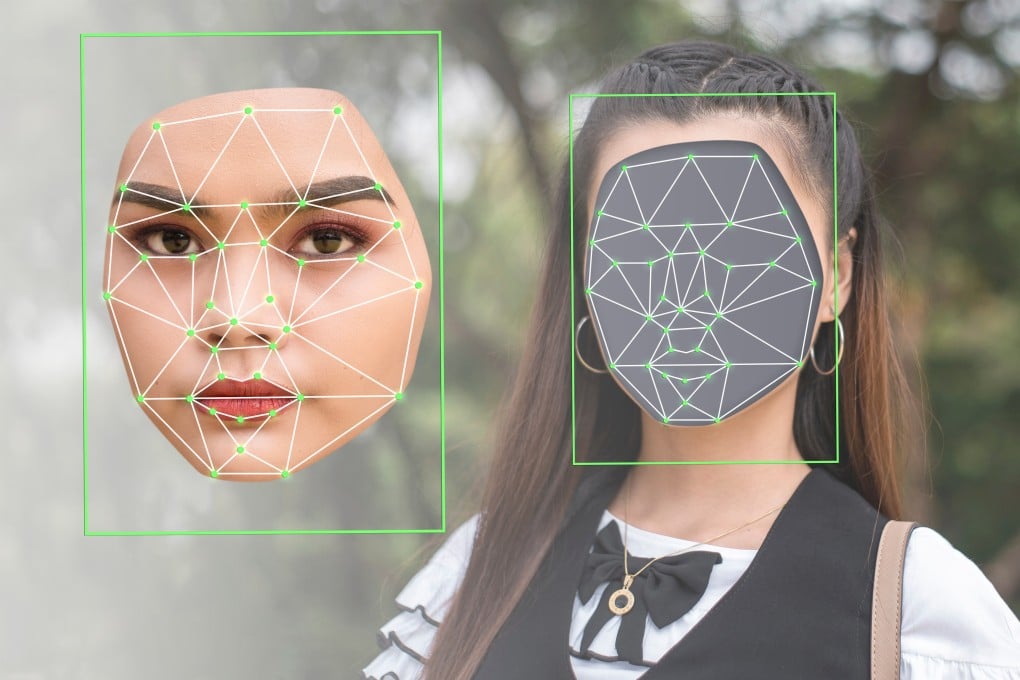China’s internet censors target deepfake tech to curb online disinformation
- Deep synthesis providers and users are required to make sure any doctored content is explicitly labelled and can be traced back to its source
- The internet regulator said it was concerned that unchecked use of deep synthesis could lead to its use in criminal activities

Chinese regulators are rolling out new regulations to rein in the use of deep synthesis technology as part of the government’s ongoing campaign to clamp down on online rumours and disinformation.
The Administrative Provisions on Deep Synthesis for Internet Information Service, which will take effect on January 10, were co-published on November 25 by the Cyberspace Administration of China, the Ministry of Industry and Information Technology and the Public Security Ministry.
Deep synthesis service providers and users are required to make sure any doctored content using the technology is explicitly labelled and can be traced back to its source. If using the technology to edit someone’s image or voice, the person in question should be notified and their consent obtained, according to the regulations.
When reposting news made by the technology, the source can only be from the government-approved list of news outlets, which was last updated in October with 1,358 names.
Deep synthesis service providers are also urged to abide by local laws, respect ethics, and maintain the “correct political direction and correct public opinion orientation”, according to the new law.
